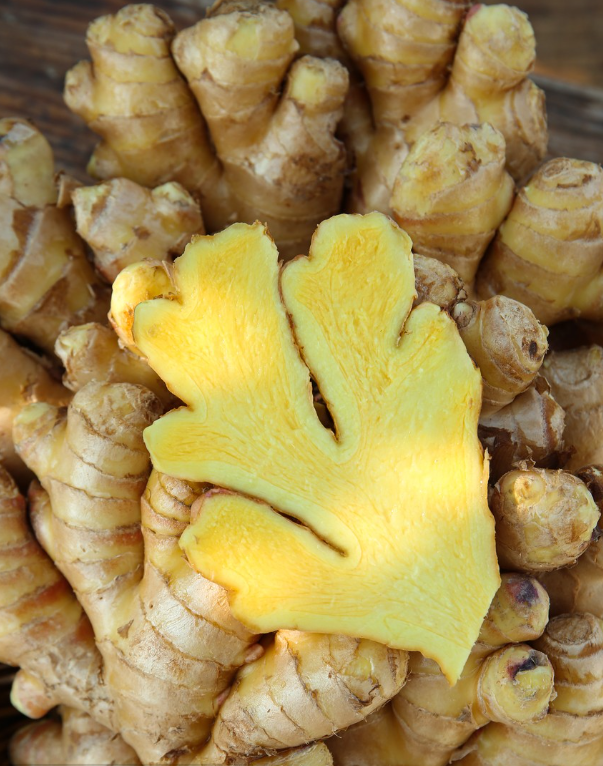
As the global market increasingly prioritizes health, sustainability, and food safety, the demand for high-quality organic ginger has surged. According to the Food and Agriculture Organization (FAO), the international trade volume of ginger has grown by 4.2% annually over the past five years, with a significant portion of this growth attributed to the rise in organic and certified products.
The production of export-grade organic ginger involves a meticulous process that begins with selecting the right climate and soil conditions. Research from the International Journal of Agricultural Science indicates that ginger thrives best in temperate climates with consistent temperatures between 20°C and 30°C and well-drained, nutrient-rich soils. These conditions are crucial for ensuring optimal root development and minimizing disease risks.
| Climate Conditions | Soil Requirements |
|---|---|
| Temperate zones with stable temperatures | Well-drained, loamy soils with high organic matter |
| Adequate sunlight exposure | pH level between 6.0 and 7.0 |
One of the most critical aspects of producing export-grade ginger is the implementation of effective, eco-friendly pest and disease control methods. Unlike conventional farming, organic ginger cultivation relies on biological controls, such as beneficial insects and natural pesticides derived from plant extracts. According to the USDA, these practices not only reduce chemical residues but also enhance the long-term viability of agricultural ecosystems.
Integrated Pest Management (IPM) systems are widely adopted in organic ginger farms. This approach combines monitoring, cultural practices, and targeted interventions to maintain crop health without compromising environmental integrity.
Meeting international food safety standards is essential for exporting ginger to premium markets. Countries like the United States, Japan, and the European Union have strict regulations on pesticide residues, requiring rigorous testing and documentation. The European Food Safety Authority (EFSA) mandates that all imported ginger must be free from detectable levels of synthetic pesticides, making compliance a non-negotiable requirement.
Organic certification programs, such as USDA Organic and EU Organic, provide a framework for producers to meet these stringent standards. These certifications not only ensure product quality but also build consumer trust and open up new market opportunities.
Ensuring a stable yield is vital for meeting the demands of international buyers. Farmers must adopt best practices in irrigation, fertilization, and harvesting to maintain consistent output. For example, drip irrigation systems can significantly improve water efficiency and reduce the risk of root diseases, while compost-based fertilizers help maintain soil fertility over time.
According to a study published in the Journal of Sustainable Agriculture, farmers who implement sustainable yield management techniques report a 15–20% increase in overall productivity without compromising quality or environmental health.
A robust quality assurance system is the cornerstone of successful ginger exports. From farm to shelf, every step must be documented and traceable. This includes regular inspections, third-party audits, and digital tracking systems that allow buyers to verify the origin and condition of the product.
These systems not only enhance transparency but also foster long-term partnerships between growers and international buyers. In an industry where trust is paramount, a strong quality assurance framework can be a decisive factor in securing contracts and building brand loyalty.

The path to exporting premium organic ginger requires a deep understanding of both agricultural best practices and international regulatory frameworks. By focusing on climate suitability, organic pest control, residue-free production, and sustainable yield management, producers can consistently deliver high-quality products that meet global standards.
For businesses looking to secure a reliable and sustainable source of organic ginger, investing in quality assurance and compliance is key. With the right strategies in place, your supply chain can thrive in the competitive global market.